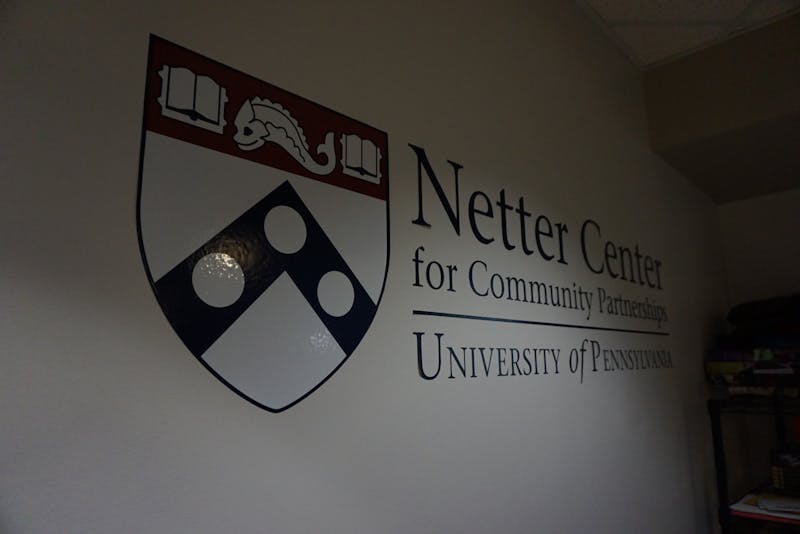
On my first day at Penn, my orientation leader told me to throw a rock, and I’d hit three philosophy, politics, and economics majors. This joke, although trite, has proven to be a rather fair evaluation of the program’s prevalence. PPE along with other social science majors, such as political science and economics, is in fact one of the most popular in the College of Arts and Sciences. As a new student intimidated by stories of Penn’s overwhelming preprofessional culture, this supposed emphasis on social sciences eased my fears at the beginning of my first semester. It shouldn’t have.
The idealistic image growing in my mind of Penn social sciences as a hub for students interested in policy and social change turned out to be nonexistent. While social sciences are their own unique discipline, combining both quantitative research used in STEM fields and deep conceptual understandings rooted in the humanities, Penn seems to skew heavily toward the former. At the very least, Penn makes these aspects of their programs optional.
Northeastern’s politics, philosophy, and economics program serves as a useful comparison to Penn’s. Their version of the major involves far more of an emphasis on politics as a system that influences public life rather than an individual cognitive framework. Comparing the curriculums, it is notable that Penn offers far fewer courses on public policy and requires even less. Northeastern offers seven PPE concentrations, many of which are career-focused and center around themes such as public policy and justice. These reinforcements offer students the ability to picture a future in careers of public administration and social service. Penn’s four are considerably vaguer, and their required courses center less on social issues and more on economics.
Friends of mine in Penn’s PPE major have described that the major can be appealing based on its broadness across so many disciplines. This can be especially useful for people who are unsure of their career path — with a PPE degree, you have knowledge that can be applied in almost any field. Then, the question looms: Why are so many of them going into finance?
According to Career Services, finance is the most popular career industry for our PPE graduates, employing about 28% of them. While Penn’s preprofessional culture is overwhelming, it's clear that this only extends to certain professions when one of the most government-focused majors is producing finance majors as its top output. Unsurprisingly, only 6.5% of Northeastern PPE graduates will work in finance. Northeastern also sends roughly 17% of these graduates to work in education and 6.5% to work in public administration. Comparable statistics for Penn PPE graduates are 4.2% and 2.7%, respectively. Across the board, it’s notable that Penn students are heading toward the private sector at a far greater rate.
One notable factor might be Northeastern’s co-op program. A unique feature of the university both draws and deters many undergraduates, as it requires students to complete a year of an internship for class credit. For Northeastern’s PPE majors, some options include working for the Boston Housing Authority or the Massachusetts Clean Energy Center. Having positive experiences doing impactful work in the Philadelphia area could be the deciding factor between a future of finance or public administration for Penn PPE majors.
Last year, a fellow DP opinion columnist argued that a remedy for this trend in careers might be the consolidation of these majors within a fifth undergraduate school of public affairs. While I agree with the general diagnosis that the current College social science programs are far too divorced from government and policy, I do not see the need for a separate school. In fact, I worry this endeavor might create even more separation between social science majors and the humanities elements that remain valuable in their education.
Instead, I would argue for the College to prioritize tangible, human-focused work in College social science classrooms. While a new undergraduate school might usher more students into government, I’d like to see them in education, legal services, and the nonprofit sector. These fields are hurting, and we need Penn-educated social scientists within them. Penn should require social science majors to take at least one Academically Based Community Service course in which they get hands-on experience engaging with the communities around them. If students know that they could do something with their degree that makes a real difference, I hope they would be drawn to that over the private sector.
Sure, it’s evident that most Penn social science majors want to work in finance. But I argue that they could do more. They could do better in and for the world. It is a rarity in this world to understand the complexities of how money functions in society. We need those people working to further economic justice instead of perpetuating it. And Penn could take the first step in weakening the chokehold of this finance culture by introducing students to other options.
Dissolving Penn’s suffocating preprofessional culture is a seemingly impossible task. But it is a major concern that so many of our graduates, from fields so far from finance, are migrating into that field. The College claims to “help students to become aware of moral, ethical and social issues,” and they might be doing that with their current social science curricula. But one thing they surely aren’t doing is helping students learn how to rectify them.
INGRID HOLMQUIST is a College sophomore studying urban studies from Silver Spring, Md. Her email address is ingridhh@sas.upenn.edu.
The Daily Pennsylvanian is an independent, student-run newspaper. Please consider making a donation to support the coverage that shapes the University. Your generosity ensures a future of strong journalism at Penn.
Donate











